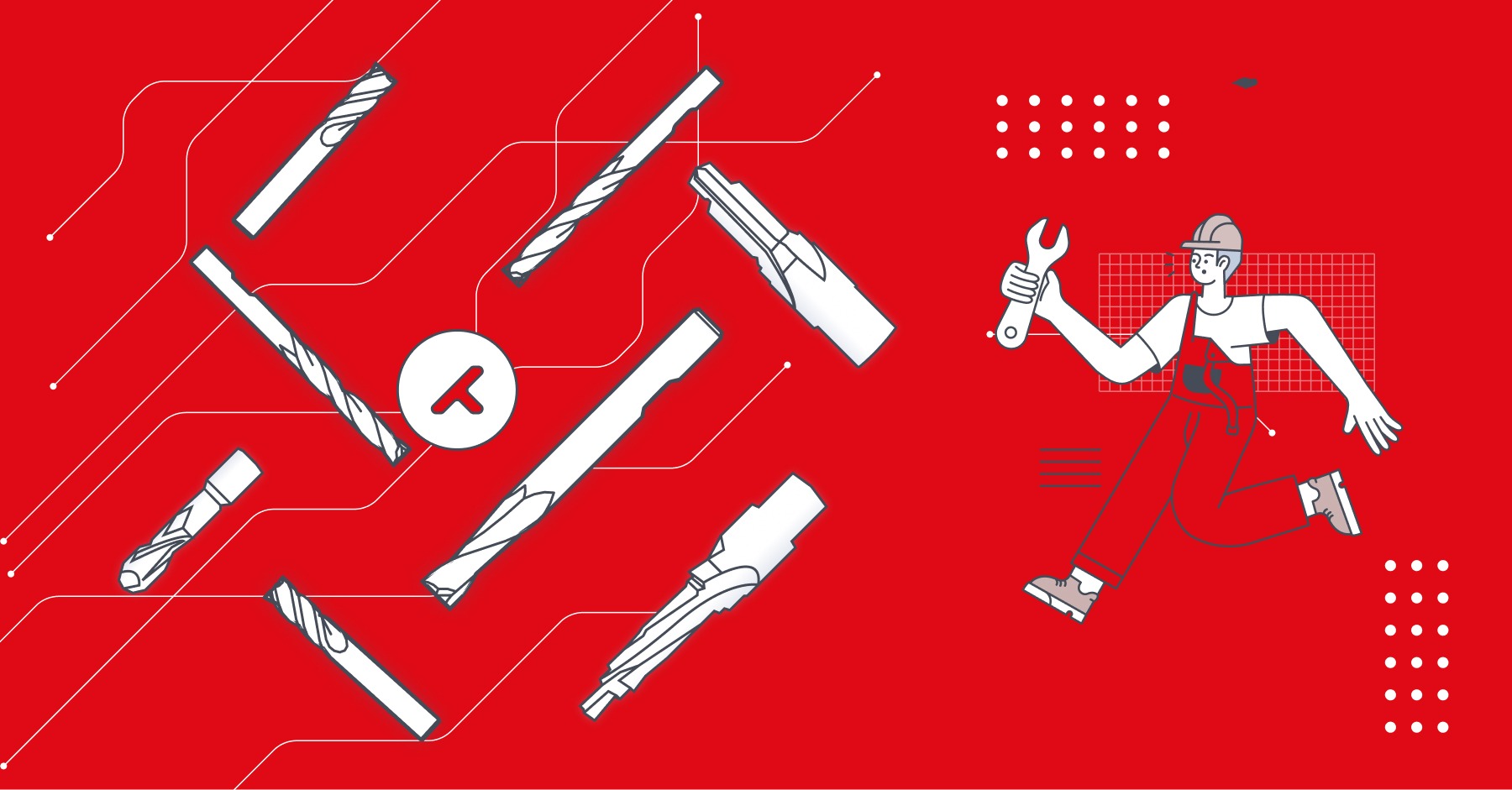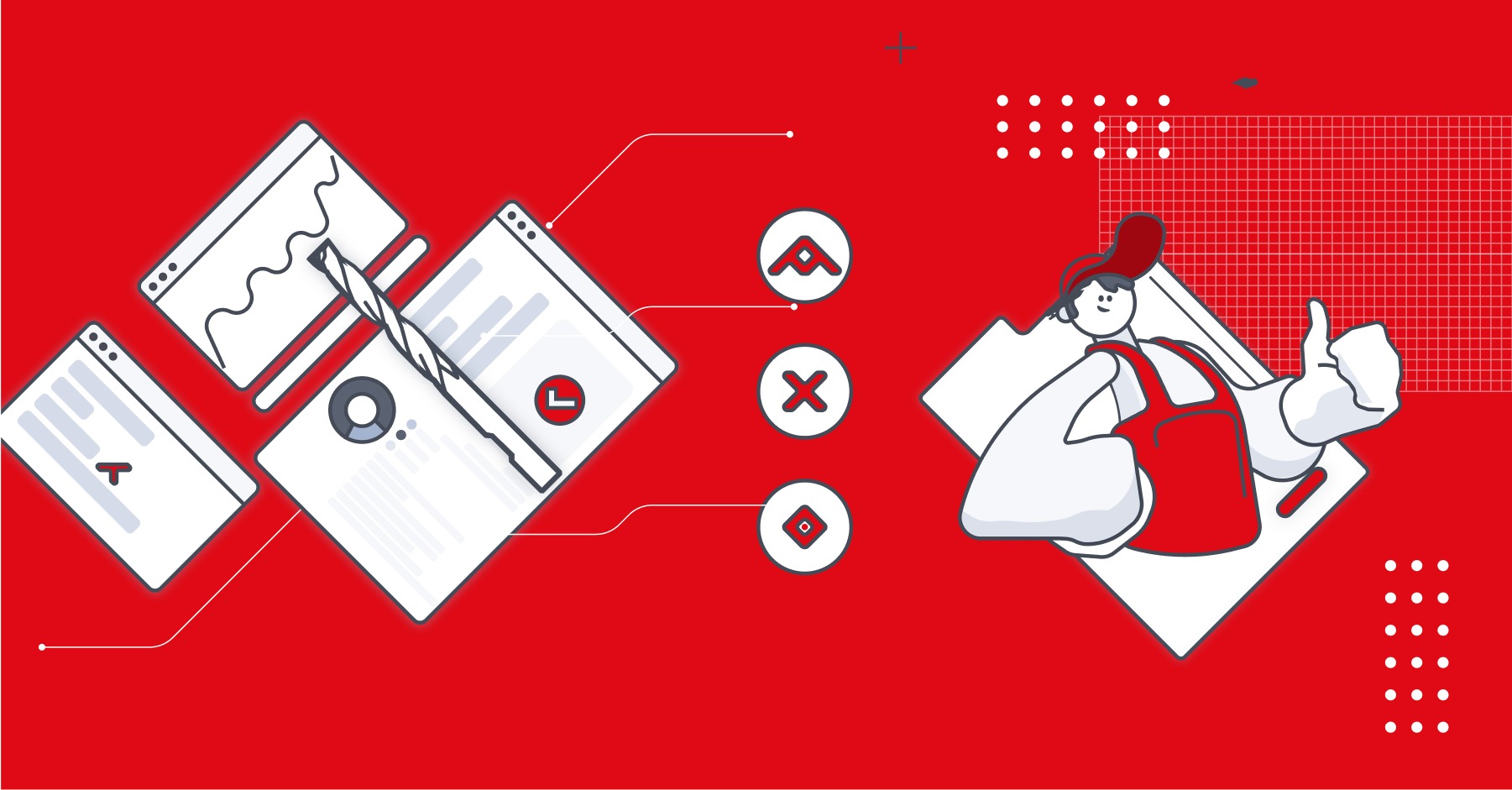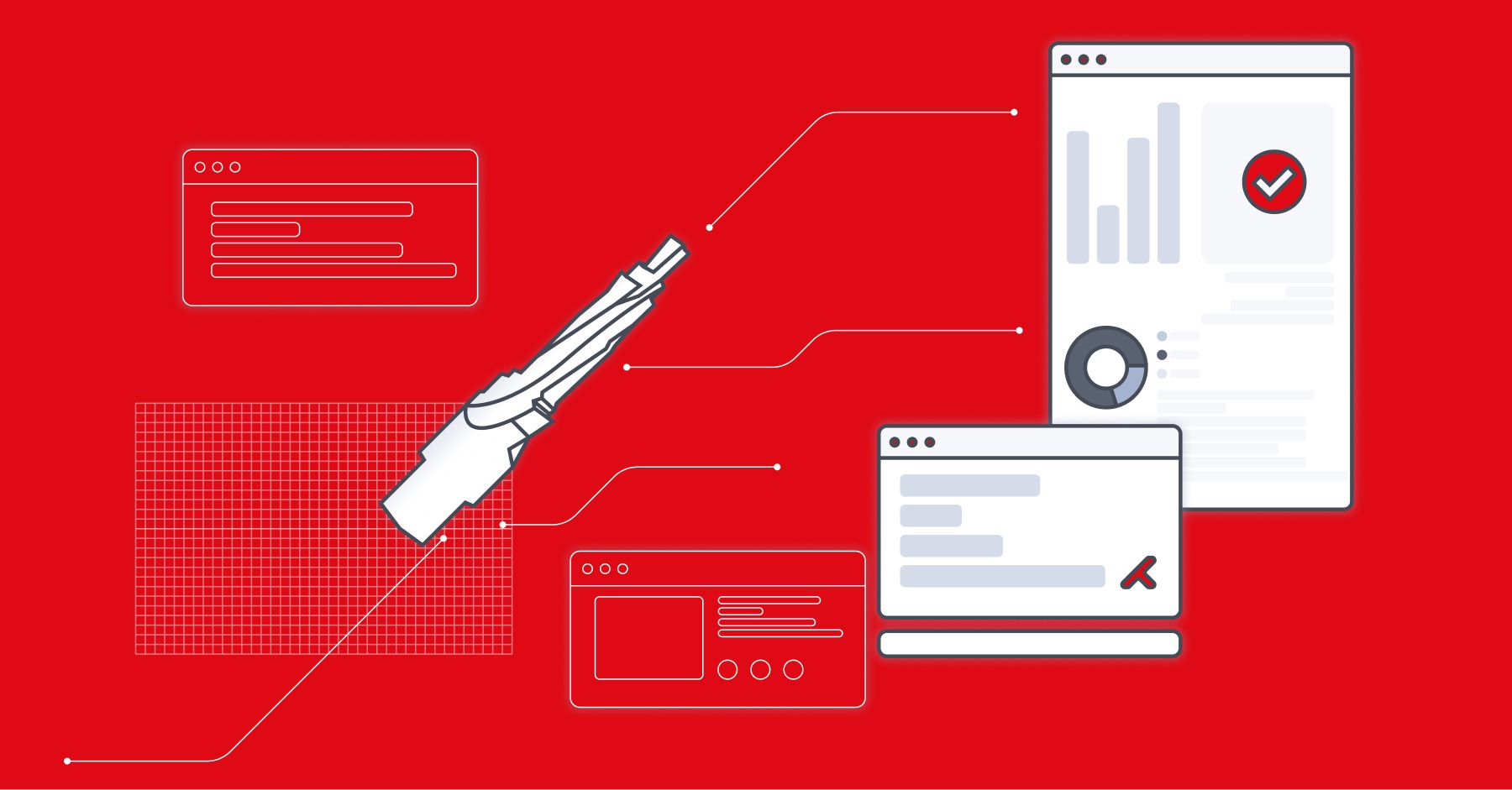For years, many tooling suppliers and distributors have lagged in digital transformation, but with rapidly changing customer expectations, especially post-COVID, their involvement requires a digital approach for the future. The precision machining world as a whole is moving toward a digital future at such a pace that the very success of the organization depends on the ability to move just as quickly.
The benefits of an intelligent, digitized configuration, pricing, and quoting solution (CPQ software or RFQ management software) for example, which is one of the primary touchpoints between supplier and customer, are numerous.
In our digitization journey, we identified 3 CPQ software trends in the value chain of the machining industry and acted on them, and built OYO Special Tools’ QUOTA® product.
In the tooling industry where the standard tool product is increasingly a commodity (to some extent this is also the case in special tooling), organizations are always looking for a new way to distinguish themselves from competitors. As part of a digital transformation more or less advanced CPQ software solutions are emerging throughout the industry.
1. Purpose-built product content and market intelligence
Internal CPQ software data are not new and are user-specific, but current trends are bringing new sources of intelligence information that offer a better and more comprehensive perspective.
These perspectives focus on applying additional analytics and insights through a combination of market data (sales teams are increasingly collaborating with marketing) and historical pricing (which the use of a web app such as QUOTA® OYO Special Tools enables tracking, archiving, and analysis). Further insights such as these will enable sales teams to upsell to customers and improve the average margin per quote, on the one hand. On the other hand, moving to solutions specifically designed for the tooling industry, such as the one we have developed, takes on a key role, as it not only reduces time-to-value through specialized data, but also creates a much smoother process for the quoting process as a whole.
We have estimated that a purpose-built CPQ software solution such as QUOTA® OYO Special Tools can reduce the lead time of the quotation process (from the client’s submission of the RFQ quotation request to its complete acceptance, including a possible negotiation) from 4-6 days down to 48 hours.
We are confident that a holistic approach should become the new norm, such an approach leverages real-time intelligence to make informed decisions that take into account inventory (see integrations with the enterprise ERP information system). Such informed decisions take into account inventory levels, market prices, historical data, and potential risks associated with each individual BOM item.
For too long, the sales team has spent time working in the dark, capturing only a small portion of the big picture in terms of analysis. And in our future, we want this to no longer be the case.
2. A renewed focus on risk and resilience
We have long known that events such as natural disasters, factory fires, end-of-life of manufacturing facilities, and numerous other factors create risks of major disruptions in global supply chains, and the COVID years were a wake-up call for the industry. Not enough thought was being given to risk, and resilience certainly was not built into the plans.
Therefore, the response to the request for quotations must take into account potential risks and consider aspects such as inventory and price volatility. As part of a long-term relationship with customers, the goal is to instill confidence by demonstrating the ability to evaluate requested items to identify potential problems. In addition, being able to quickly recommend alternatives builds trust, and also offers a superior customer experience. With an increased awareness of the risk surrounding each stage of the product lifecycle (from source to design to delivery), we are exploring opportunities to automate quote response activities and equip the customer success team with the capabilities needed to address the potential risks of each RFQ.
3. Enabling self-service
Since most purchasing (including B2B) today takes place online, a self-service solution such as QUOTA® OYO Special Tools is an integral part of a broader ecommerce solution we have developed. According to Gartner, buyers spend only 17 percent of their time meeting with potential suppliers when considering a purchase, but even more relevant fact is that when they meet with sales teams, they arrive already informed, and often only to solve product solutions that are really complex or whose customization component is extremely high.
The self-service approach is not only preferred by many, but also allows the organization to spend more time on services built around the product, problem solving, and customer success, i.e., how to help the customer make the best use of our products, transferring as much value to them as possible.
QUOTA® OYO Special Tools is a solution that simplifies the request, management, and issuance of quotations for standard and special tooling products, to which more and more automation will be integrated, to position it as the future intelligent software for responding to requests for quotations (RFQs).





